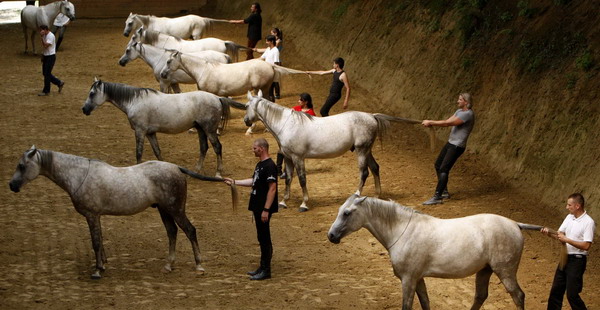Records show museum sold antiques for profit
Updated: 2011-08-08 07:12
By Zheng Jinran (China Daily)
|
|||||||||||
Despite denials, heritage caretaker did buy and sell valuable letters
BEIJING - The city's cultural heritage authority on Saturday said that the Palace Museum was not the buyer of five letters written in the Song Dynasty (960-1279) in a 1997 auction, nor the seller of the antiques in a 2005 auction despite online posts and media reports suggesting the contrary.
The official with the Beijing Municipal Administration of Cultural Heritage said the administration had examined and approved all the lots in both auctions.
The spokesman of the Palace Museum, Feng Nai'en, even told China Daily reporters on Friday: "The Palace Museum never bought the five Song Dynasty letters in 1997."
However, in the book Eighty Years of the Palace Museum, which was compiled by the museum itself, it says: "The Palace Museum bought five letters of the Song Dynasty from the Beijing Hanhai Auction Co Ltd on June 18, 1997."
A similar record can be found on the museum's website and on the website of the auction company, the five letters had records for sales in 1997 and 2005.

The Law on the Protection of Cultural Relics stipulates that museums are forbidden from selling any of their collections. The auction house has been reluctant to talk about the sales, an official from the company told China Youth Daily: "We cannot reveal the buyers in these two deals, because this information is confidential according to the auction law."
But news released in 2004 to celebrate the 10th anniversary of the company confirmed that the Palace Museum had bought these five Song Dynasty letters. But this piece of news can only been reviewed through Baidu cache.
The accusations that the museum profited from the sale of the five letters was sparked by a post by a netizen called Xiangjiang Yuyin in May, according to a China Youth Daily report on Aug 5.
The post questioned the legitimacy of the Palace Museum buying the five letters and then selling them for three times the price. Xiangjiang said that the questions were based on Gegu Riji, a diary by the independent heritage connoisseur Pei Guanghui.
In the diary, Pei said the Palace Museum bought the five letters for 6.82 million yuan ($1.06 million) (including commission) in 1997 and sold them for nearly 22.9 million yuan in 2005.
"How could precious collections of the Palace Museum be sold again after the museum had bought them eight years earlier?" Pei expressed his doubts in his diary and also listed the details of the five letters auctioned in 2005.
Pei told China Youth Daily on Friday that he got the details of the auctions from his friends working at the museum and from his own research. But he also said that he needed to double-check some related information since the diary was written years ago, and would give more replies in a week.
The new allegations are a fresh embarrassment for the Palace Museum, which was recently accused of trying to cover up damage to a valuable Song Dynasty ceramic and four other incidents of damage to artifacts. Prior to this it was in the news when there were suspicions that it was trying to turn the Jianfu Palace into a private members club.
Related Stories
Palace Museum covers up 4 more mishaps: blogger 2011-08-06 08:47
Palace museum responds to latest cover-up scandal 2011-08-05 14:37
Museum: broken plate not shown on website 2011-08-03 07:57
Palace Museum admits damage to ancient plate 2011-08-01 08:17
Hot Topics
Anti-Gay, Giant Panda, Subway, High Speed Train, Coal Mine, High Temperature, Rainstorm, Sino-US, Oil Spill, Zhu Min
Editor's Picks
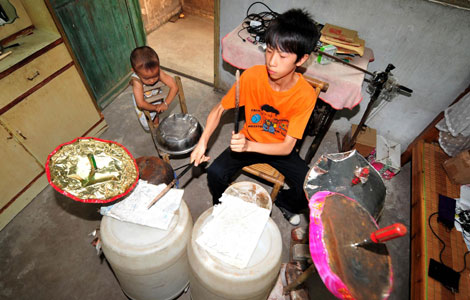
|

|
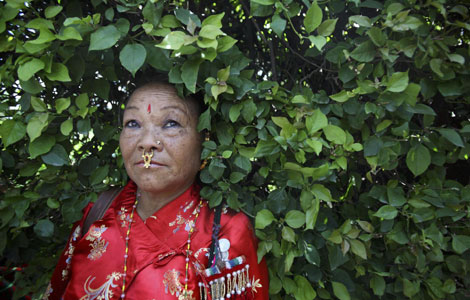
|
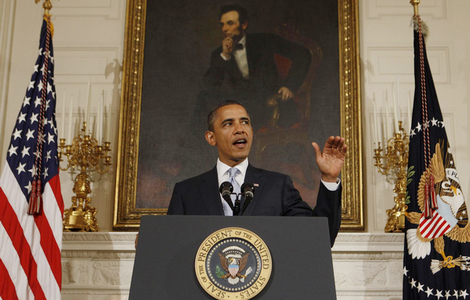
|

|
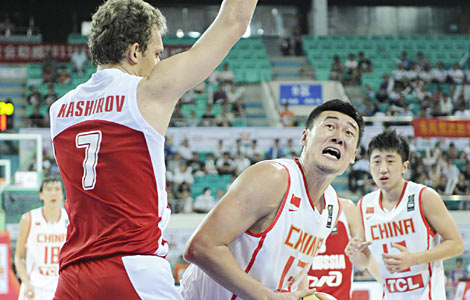
|





